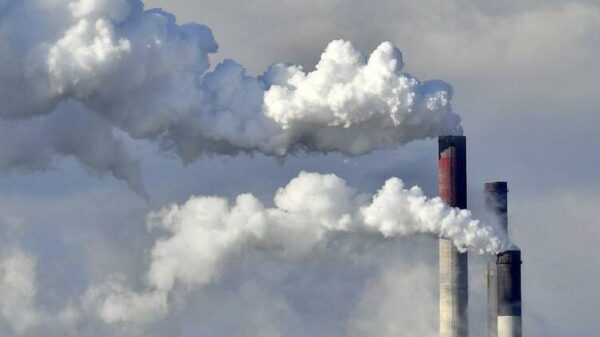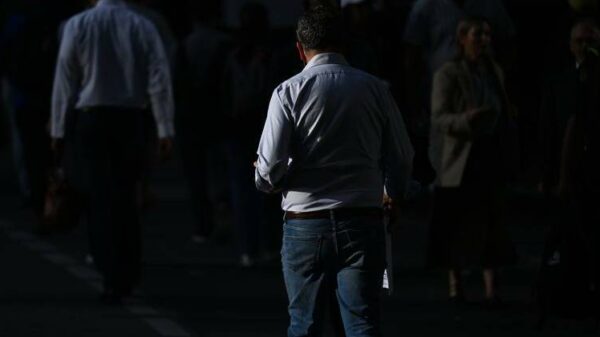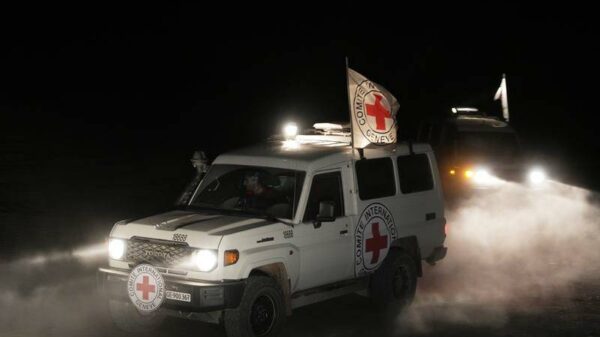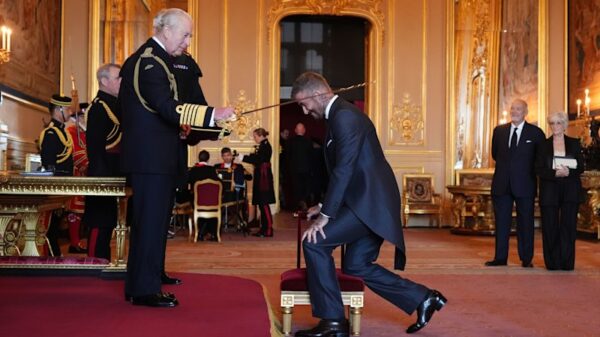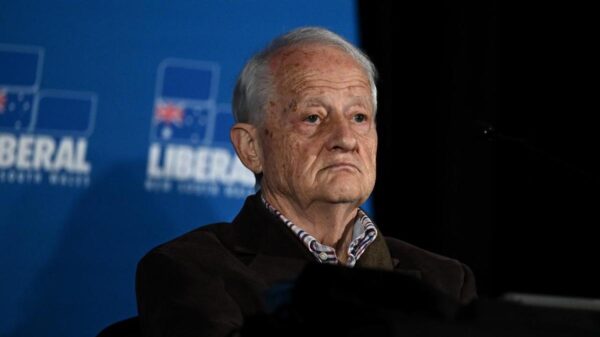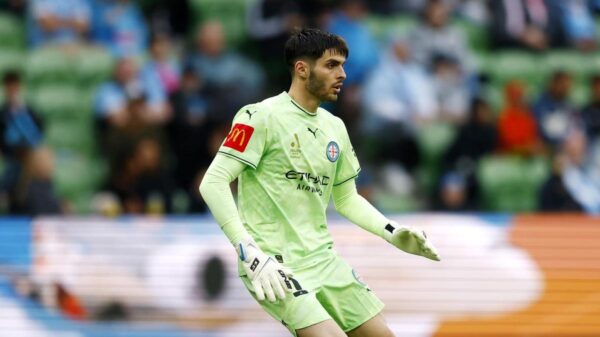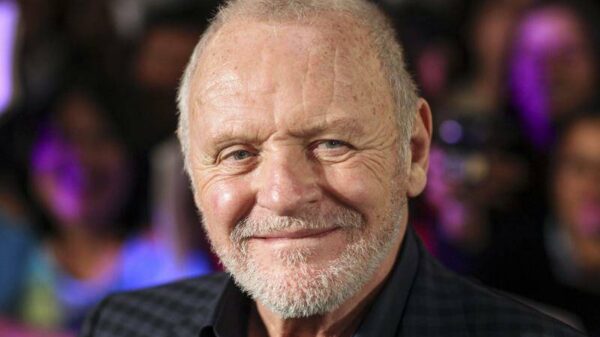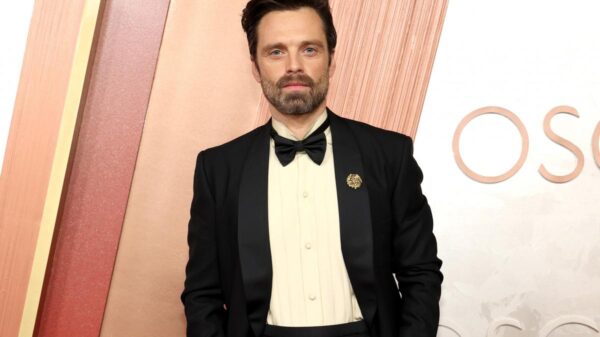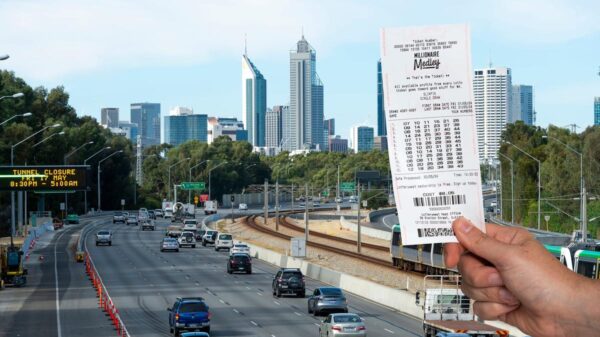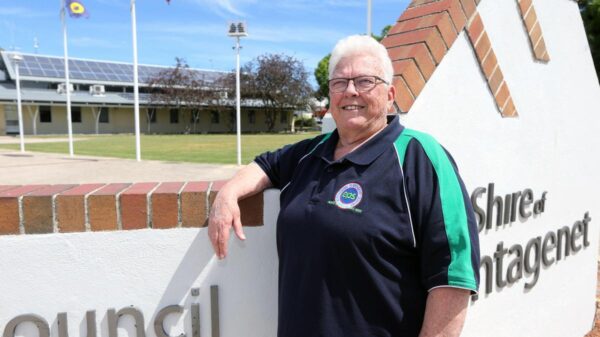Children and young adults are increasingly vocal in their fight against climate change, a crisis largely driven by previous generations. The global youth climate justice movement has seen young activists engage in protests, strikes, and legal actions aimed at halting fossil fuel expansion. Despite their active involvement, many young people find themselves sidelined during critical discussions at the annual COP (Conference of the Parties) climate change conferences, where major decisions are made.
Research conducted by scholars involved in the Youth Climate Justice Project, including Florencia Paz Landeira, Alicia O’Sullivan, Aoife Daly, and Katie Reid, highlights significant barriers preventing youth from participating meaningfully in these crucial dialogues.
Barriers to Participation for Young Advocates
Young people from various regions, particularly those in the global south, face numerous logistical challenges when trying to attend COP conferences. Issues such as travel costs, accommodation arrangements, vaccine requirements, and visa processes disproportionately affect those from less affluent backgrounds. As a result, the voices of older individuals or those with more resources often dominate, leading to a skewed representation at these vital summits.
Participants from the Middle East and North Africa have reported experiencing “youth washing,” a phenomenon where their presence is acknowledged at high-profile meetings while their demands go unheard. Many young advocates have expressed frustration at being photographed or included in side events but excluded from actual decision-making processes.
Interviews conducted with 22 young climate advocates, aged 11 to 29, reveal a stark reality. Many of these individuals have already been impacted by climate change and environmental injustices. Their attendance at COP would allow them to elevate local concerns to the international stage. Yet, the complexity of the negotiations often overwhelms them. One participant noted, “I was given a ticket and a place to stay, but no one really prepared me for the labyrinth of negotiations and bureaucratic hurdles inside COP.”
Children under the age of 18 face unique challenges, often feeling caught between childhood and adulthood. As one 16-year-old shared, “I even met a girl who was seven or eight years old at COP28, which was incredible. But she told me she often felt undermined because she was so young, even though being at COP28 means you’re already doing something most adults never achieve.”
The Need for Support and Recognition
Young climate advocates voiced their concerns about the emotional toll of navigating high-pressure, adult-dominated environments. Many reported feeling stressed by the responsibility of representing entire communities and encountered burnout and heightened “eco-anxiety” due to the sluggish pace of negotiations and disappointing outcomes at COP.
Despite these challenges, participants emphasized the importance of youth involvement at COP. Engaging in these spaces helps them build confidence, understand climate policies, and connect with networks for collective action. One advocate recounted, “At COP29 in 2024, youth voices were strong. We didn’t stay silent. We organised a night vigil and engaged in silent actions with negotiators. Initially, the climate finance commitment was set at USD 250 billion per year, but through our participation and activism, it was increased to USD 300 billion. That felt like a direct impact of our involvement.”
Support from adults and organizations proved crucial for many young participants. Mentorship and guidance helped them navigate the complexities of COP, including understanding negotiations and networking effectively. Those affiliated with supportive organizations reported receiving valuable training, emotional support, and safe spaces to express their views.
Looking forward, it is essential for governments and non-governmental organizations to recognize and bolster child- and youth-led efforts. Young advocates have already demonstrated their capacity for leadership in climate advocacy, and with appropriate resources, they can continue to forge international alliances and develop impactful communication strategies.
The recognition of children’s rights, as outlined in the United Nations Convention on the Rights of the Child, must also be integrated into climate governance. This approach would ensure that children’s rights are considered during negotiations, safeguarding their interests today and in the future.
Katie Reid, a researcher for the Youth Climate Justice Project, emphasizes the need for systemic change in how young people are included in climate discussions. Funded by the European Research Council under the Horizon 2020 research and innovation programme, this research highlights the urgent need for a shift in policies that currently marginalize youth voices in climate decision-making.







